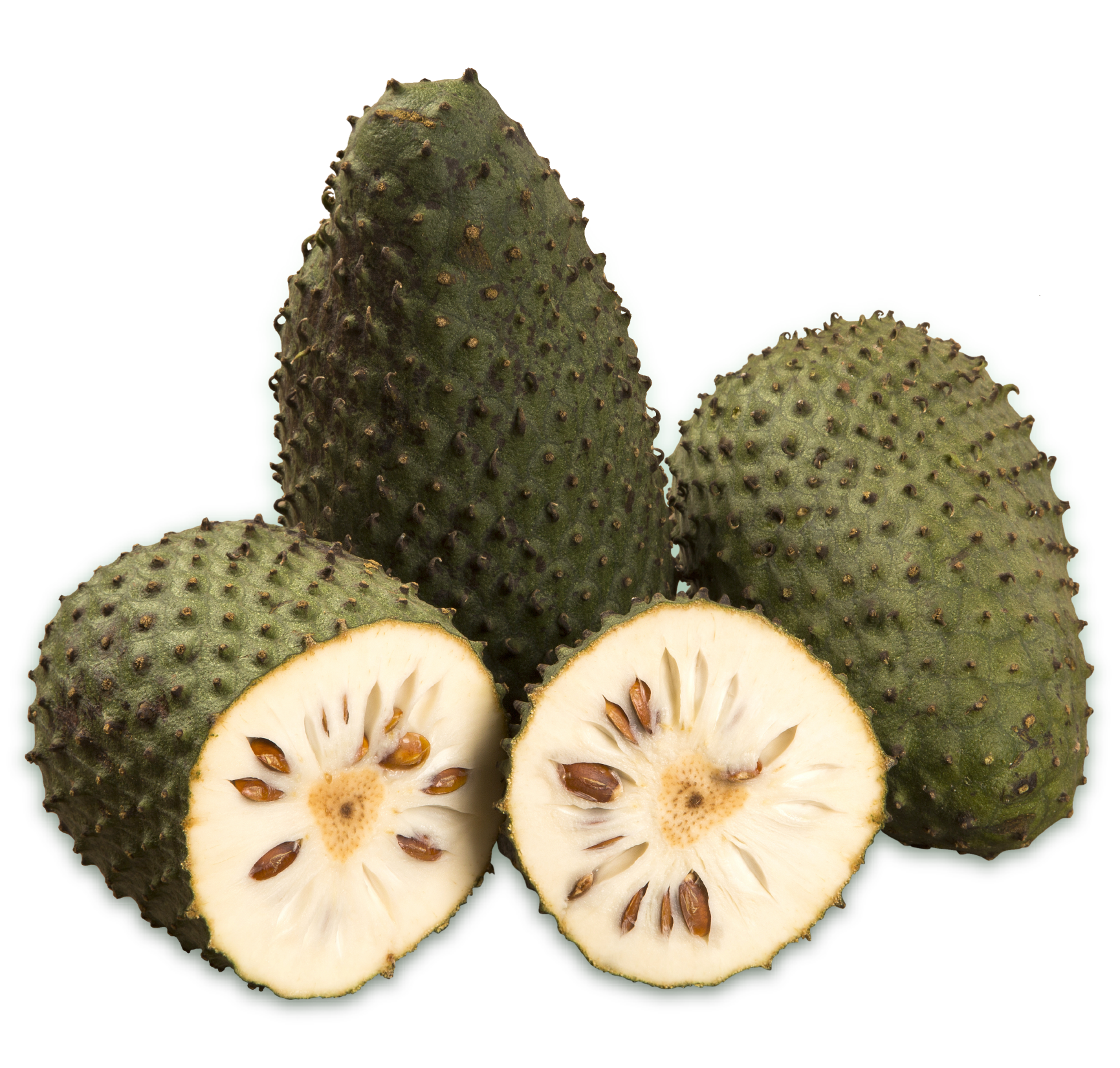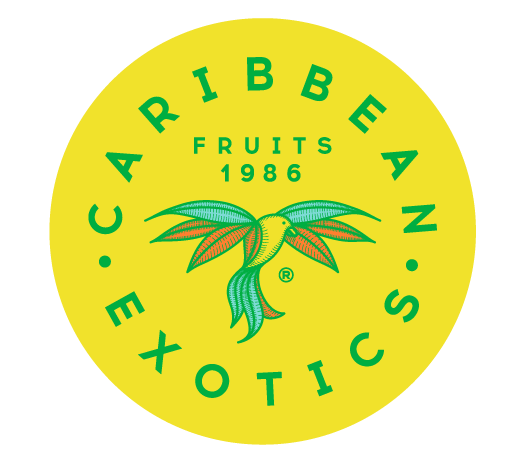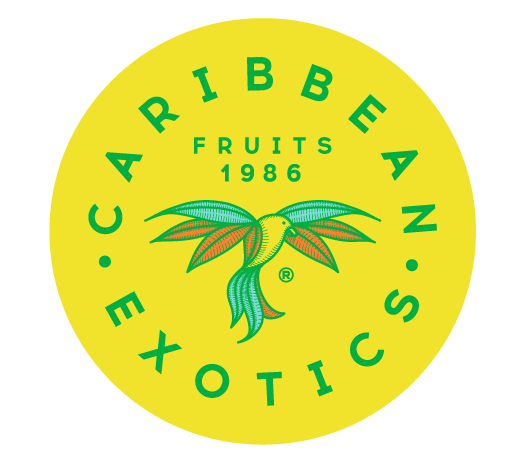Soursop

Known by many names, the Soursop tree is part of the Annonaceae family that grows in many tropical countries. The Guanabana or Soursop is a fruit that weighs an average 2.9 kg, of which 75.6% is pulp, 4.8% is seeds, 12.7% is skin and 6.9% is rachis. The Soursop has a sweet and slightly bitter pulp, with approximately 17.2 Brix degrees and an average of 171 seeds per fruit. Soursop is said to be a cancer-curing fruit and has been used to fight cancer for the past 40 years in the United States, Europe and Asia.
Nutritional information
Rich in antioxidants, vitamin C, fibers, potassium and magnesium. Researchers have shown that it can help fight cancer by shrinking tumor cells. It has also been shown to stabilize blood-sugar levels.
Minimum Brix degress

Crops
Soursop tolerates poor soil and prefers low areas between 0 and 1,200 MASL. It is a plant sensitive to temperature. If temperatures exceed 27°C, pollination will occur. Likewise, the guanábana tree produces the best harvest within a relative humidity of 70 to 80%. More or less humidity will result in a less abundant yield.

